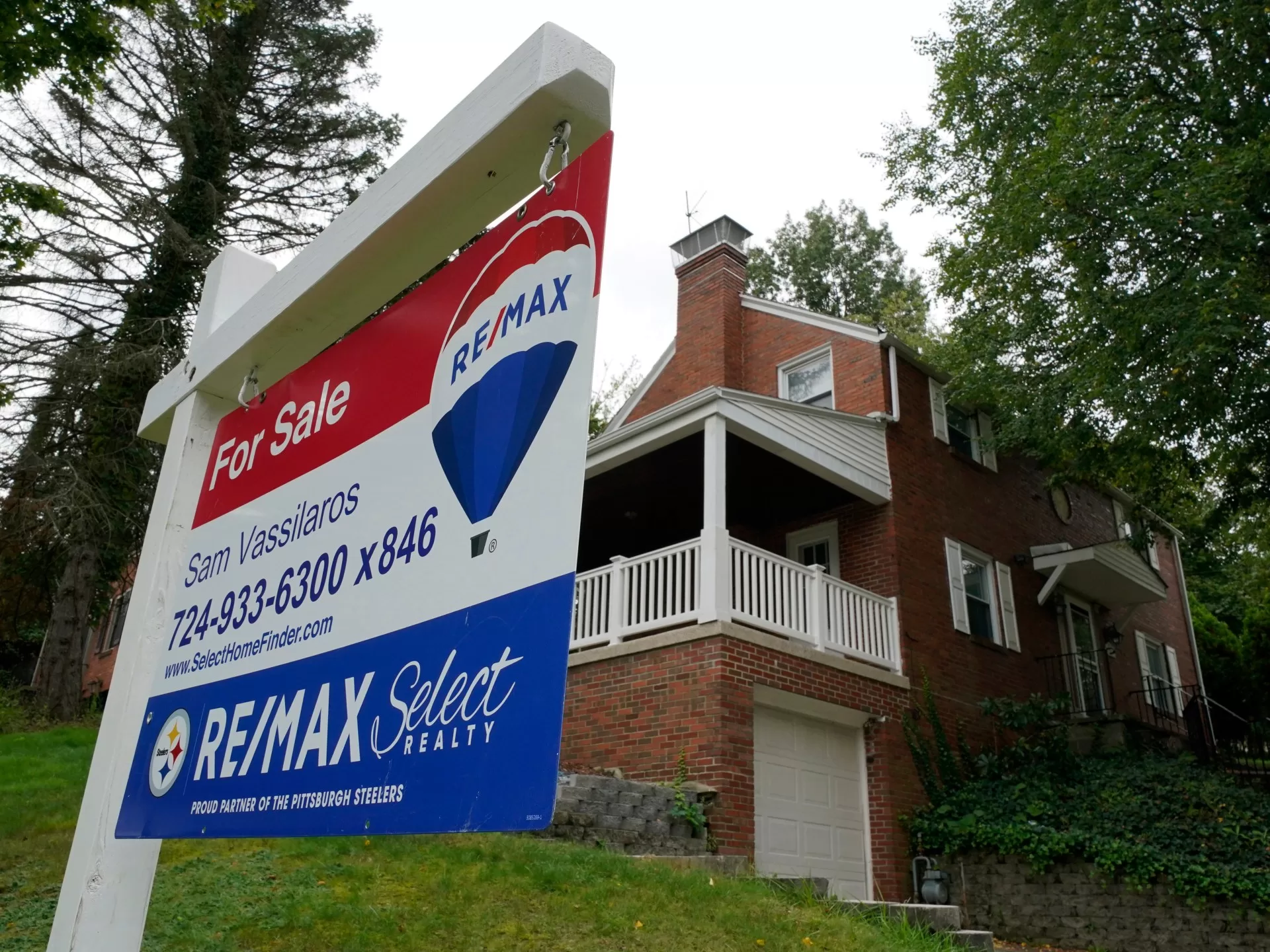Increased attention to home prices comes as the housing crunch becomes an increasing issue in upcoming elections.
United States Treasury Secretary Janet Yellen will promote the new investments on Monday during a visit to Minneapolis. The investments include providing $100m through a new fund over the next three years to support affordable housing financing, boosting the Federal Financing Bank’s financing of affordable housing and other measures.
The increased attention to home prices comes as the housing crunch becomes an increasing issue in this year’s general election campaign.
“We face a very significant housing supply shortfall that has been building for a long time,” Yellen will say in remarks prepared for delivery Monday afternoon. “This supply crunch has led to an affordability crunch.”
Both homebuyers and renters are facing increasing housing costs that skyrocketed after the pandemic. According to the Case-Shiller 20-City Composite Home Price Index, home prices increased by 46 percent between March 2020 and March 2024. A new Treasury analysis showed that over the past 20 years, housing costs have been rising faster than incomes.
Meanwhile, sales of previously occupied US homes fell in May for the third straight month as rising mortgage rates and record-high prices discouraged many prospective homebuyers during what is traditionally the housing market’s busiest time of the year.
For low-income Americans, statistics from the National Low Income Housing Coalition showed that nationally there is a shortage of more than 7 million affordable homes for the more than 10.8 million extremely low-income US families. And there is no state or county in the country in which a renter working full-time at minimum wage can afford a two-bedroom apartment, according to the group.
It is becoming a crisis in some cities. For instance, on Martha’s Vineyard in Massachusetts, the cost of housing has become a public safety issue as it becomes difficult to attract and retain correctional officers and 911 dispatchers.
But increased housing costs have some economists predicting the crunch may not end until the Federal Reserve lowers its key interest rate, which remains at 5.3 percent.
Sal Guatieri, a senior economist at BMO Capital Markets Economic Research, wrote Friday that little change is expected in the housing market “until the Fed reduces policy rates”.
Diane Yentel, president and CEO of the National Low Income Housing Coalition, said the White House has made efforts to prevent evictions and address the housing crisis, “but there is much more work still to be done.”
Yentel said congressional action is needed to “quickly enact transformative and badly needed housing investments. Only through a combination of administrative action and robust federal funding can the country truly resolve its affordable housing crisis.”
In her speech, Yellen is to call on Congress to pass Biden’s proposed budget, released in March.
The budget calls on Congress to provide a tax credit for first-time homebuyers and includes a plan to build more than 2 million homes. It would expand the Low-Income Housing Tax Credit.
The Biden administration has taken other steps to boost the housing supply, including launching a multi-agency effort to encourage states and cities to convert more empty office buildings into housing units, with billions of federal dollars available to help spur such transitions.
In July 2023, the Department of Housing and Urban Development provided communities with $85m to reduce barriers to affordable housing, such as zoning restrictions that in some places have become a hurdle to increasing the supply and density of affordable housing.
